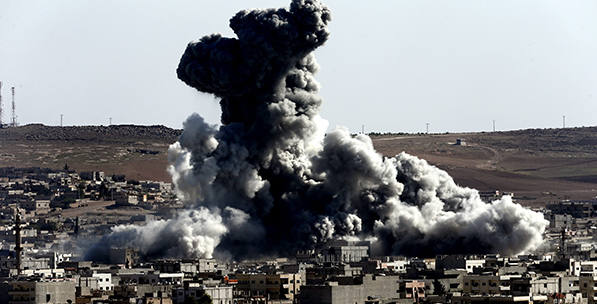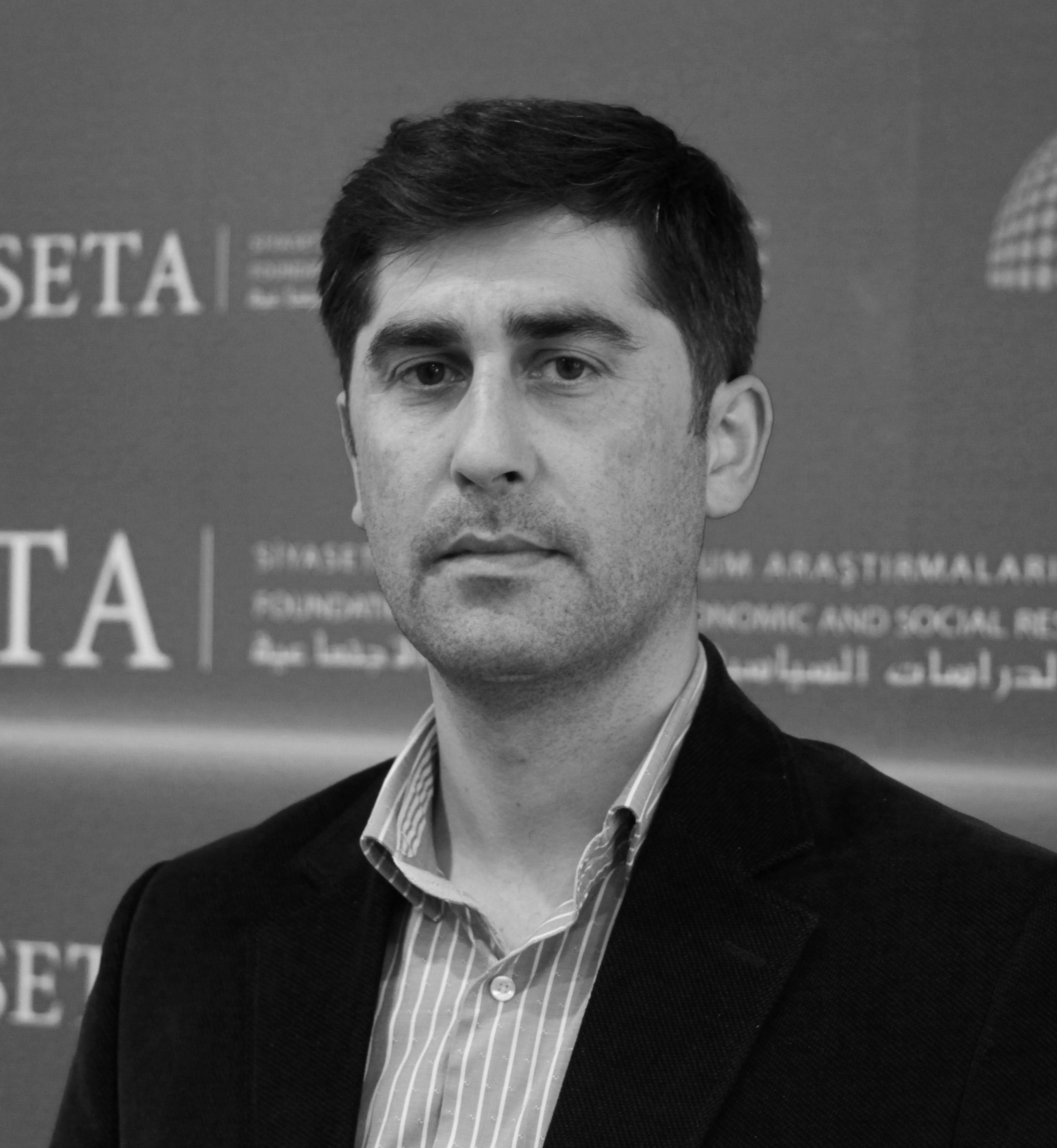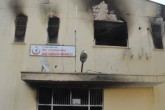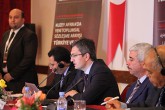Kobani, which is under siege by the terrorist organization Islamic State of Iraq and al-Sham (ISIS), is still a priority topic in Turkey, as well as on the international agenda. Along with forcing hundreds of thousands of people to seek shelter in Turkey, it also affected regional and Kurdish politics. The violent acts during the Oct. 6-7 incidents, the settlement of various Kurdish groups in Dohuk and Kurdistan Regional Government (KRG) peshmarga forces moving to Kobani to help via Turkey are some of the significant events that we have witnessed. The Daily Sabah spoke to Dr. Murat Yeşiltaş, who is known for his work on critical geopolitics, political geography and Turkish foreign policy and the Middle East, about the implications of these developments for the region.
How did the Kobani assaults affect regional Kurdish politics?
For a better analysis, we have to define the current situation clearly. To begin, the Arab Spring so far has had three basic stages. The first stage was society’s demand for democracy. While there are differing demands when comparing each and every country, the essential demands were for freedom and democracy. The second stage is a conclusion of demands for democracy with the Syrian civil war becoming intense and the coup in Egypt. We are in the third stage now in which internal strife has gained an international dimension.
These three stages, which were basically local, echoed throughout the international community. For example, in the first stage the state was against non-state actors and NGOs, while in the second stage there was an armed conflict between the regime’s troops and the opposition. The third stage became what we can call a proxy war. When we look at Syria, we see Turkey on one side, Iran on the other, and Saudi Arabia also. This means that the reference objects of the confrontation are changing and the Arab Spring is becoming a military conflict. This started to change the dynamics both at international and regional levels.
While the intense conflict between ISIS and Kurdish groups in Kobani reveals that ISIS has become a “geopolitical reality” in the region, it also indicates the creation of a new Kurdish reality, despite the heterogeneity.
How do you evaluate the coalition or the U.S.’s sole focus on Kobani, while Turkey suggests an extensive plan that includes administrative changes in the region for the resolution of the issue, claiming Kobani is not the only concern of this issue?
There are definitive differences between Turkey and the U.S.’s approach to this issue. At this point, the U.S. has become a country that is trying to maintain its reputation and keep its fight against terrorism symbolic. On the other hand, the Western world and the U.S. are not directly facing the ISIS threat. For example, news about Ebola is the top priority in the U.S. media. Also, the flow of refugees and the problems it creates are not felt by these countries.
The Western media sees Kobani as a symbol that will trigger an armed fight for democracy, as it did in the Arab Spring, which puts it to the fore. However, the U.S. or other countries do not wish to participate directly in the fight on terror by sending troops, but they are trying to force Turkey to take action. The focus on Kobani and the unfounded news that alleges Turkey is supporting ISIS are efforts to force Turkey into this conflict.
We can observe that Kurds from Iraq, Syria, and Turkey are mobilized against ISIS in Kobani. Do you think that what is taking place in Kobani created a sense of belonging among the Kurdish population?
The notion of being from Kurdistan is a historical term that indicates the lands where Kurds live. On the other hand, we see that ISIS has destroyed both Syrian and Iraqi state sovereignty and borders. Against this threat, ethnic groups in Iraq and Syria started to protect themselves by forging alliances. Fighting in Kobani became a symbol of the protection of Kurdistan.
The Dohuk settlement and KRG peshmargas going to Kobani are
In this article
- Foreign Policy
- Opinion
- Arab Spring
- Civil War
- DAESH
- Daily Sabah
- Egypt
- Fight Against Terror
- Global Actors | Local Actors
- Iraq
- ISIS
- Islam
- Islamic
- Islamic Republic of Iran
- Kobane
- Kobani
- Kurdish Population
- Kurdistan Regional Government (KRG)
- Middle East
- Opposition
- Proxy War
- Saudi Arabia
- Syria
- Syrian Civil War
- Syrian Conflict
- Syrian Crisis
- Terror
- Terrorism
- Turkish Foreign Policy
- Türkiye's Foreign Policy
- United States (US)
- US Media
- Western Media
- Western World



